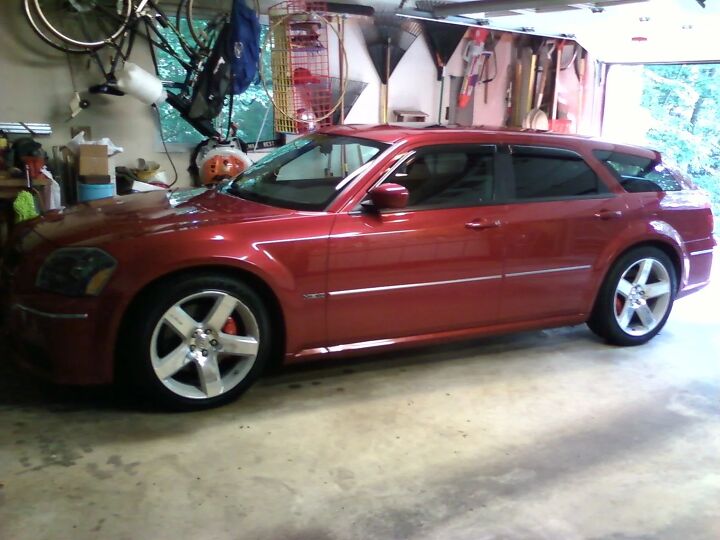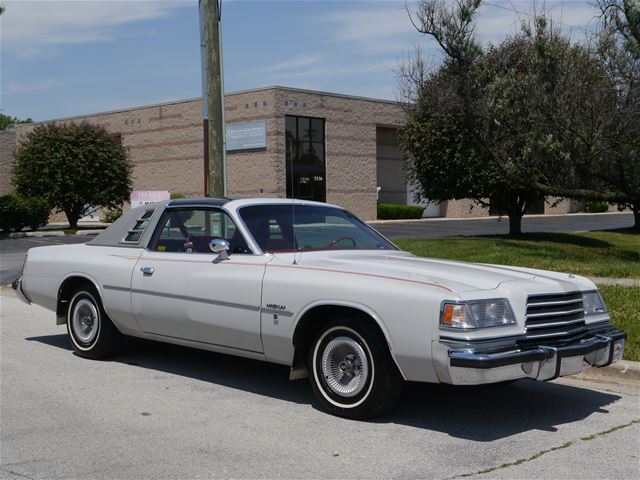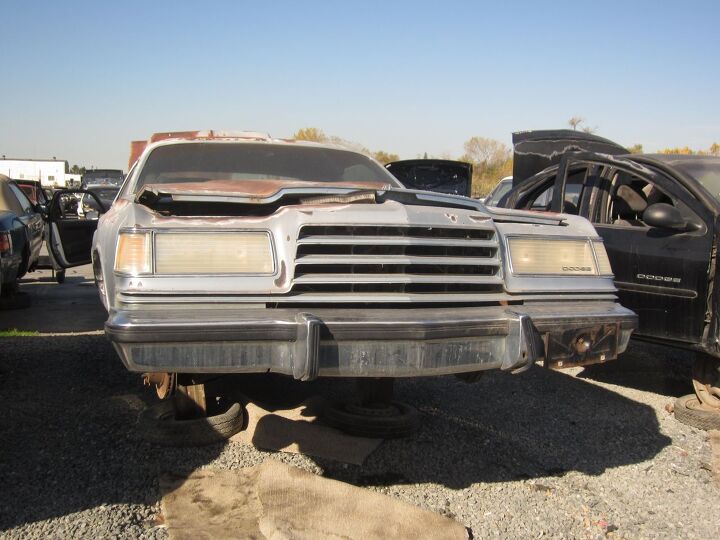#DodgeMagnum
Used Car of the Day: 2006 Dodge Magnum SRT8
Car enthusiasts love a hot-rod wagon, and this 2006 Dodge Magnum SRT8, available for $27,000, might just fit the bill for you.
Lightning Strikes the TTAC Podcast
The TTAC podcast is back! In our fourth episode, we talk Ford Lightning, Kia Sportage, Formula One in Miami, and the best cars from 2007.
Rare Rides: The 1978 Dodge Magnum XE, a Holdout Coupe
Much like the recently featured R-body New Yorker, today’s Magnum was a holdout in an automotive world that had already embraced downsizing and fuel efficiency.
Let’s take a look at a very short-lived coupe nameplate.
Millennials Digging Cars Their Parents Can't Buy New Anymore, Including the Aztek
Millennials. Who knows what they’re thinking? Well, maybe GM and Dodge did … in the early and mid-2000s.
According to Edmunds, the 18-34 age group of used car buyers are flocking to some discontinued metal including the Dodge Magnum, Chrysler Pacifica, Pontiac Aztek, Chevrolet Trailblazer and Saturn Outlook.
But, why would they be buying models that were so derided or unpopular when new?
Junkyard Find: 1978 Dodge Magnum
Is there any vehicle more emblematic of the Malaise Era than the first-gen Dodge Magnum? Other than the Plymouth Fire Arrow, that is… or the black-bumper MGB… or the Mustang II. Terrible as it is, however, this junked Magnum I found mouldering in a San Jose self-service junkyard still has a certain undeniable presence.





















Recent Comments